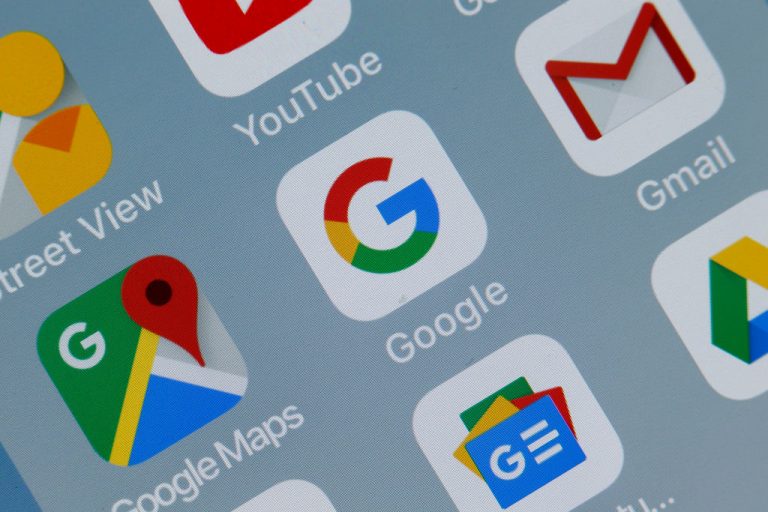According to Apple Insider, Alphabet Inc.’s Google has been fined about 207 billion Korean Won (177 million dollars) for abuse of its dominant market position in the Android operating system (OS) market. This is the ninth-biggest fine imposed by South Korea’s antitrust agency, the Korea Fair Trade Commission (KFTC).
The KFTC said that Google’s anti-fragmentation agreements (AFA) with manufacturers such as Samsung and LG restricted gadget or handset manufacturers from equipping their handsets with customized versions of the Android OS, as reported by Bloomberg.
Google’s restrictions
The fragmentation limits placed by Google, whose OS powers more than 80 percent of the world’s smartphones, block modified versions of the Android OS, or “Android forks.” Restrictions are imposed on developers and other phone makers, such as blocking access to Google apps.
For example, a smartwatch with a customized OS was launched by Samsung Electronics Co., Ltd. in 2013, but the company had to switch to another OS after it was accused of violating Google’s AFA.
In addition to awarding the fine, the KFTC also banned Google and Apple from forcing manufacturers to sign AFA contracts and required modifications of the existing contracts.
Success
You are now signed up for our newsletter
Success
Check your email to complete sign up
Through its new measures, the KFTC aims to inspire competition by allowing companies to make and use Android forks without Google’s restrictions.
KFTC Chairperson Joh Sung-wook said, “The Fair Trade Commission’s action was not limited to mobile devices, but corrective measures included emerging smart device-related areas such as smart watches and smart TVs. Therefore, we expect that new innovations will occur as some competitive pressures in this area are activated.”
A new law
South Korea also recently passed a law forbidding app store operators from forcing developers to use their payments systems, effectively stopping them from charging commissions of up to 30 percent on in-app purchases.
The law also requires a market operator to “prevent damage to users and protect the rights and interests of users,” probe app market operators, and settle disputes regarding payments, cancellations, and refunds.
Should companies fail to allow developers to use third-party payment processors, fines of up to three percent of revenue could be given.
“This law will certainly set a precedent for other countries, as well as app developers and content creators worldwide,” Kang Ki-hwan from the Korea Mobile Internet Business Association told AFP.
Similarly, the European Commission fined Google about five billion dollars for forcing manufacturers to use Google’s search and browser apps, and also gave a 90-day deadline for the company to fix the issue.
Google’s abuse of power was also widely criticized by South Korean artists and content creators, including web fiction writers and webtoon artists.
Webtoon artist Seo Bum-gang told AFP, “Without this law, our working environment — where creators are guaranteed of full rewards for their efforts — would’ve been destroyed.”
“We need this law to protect the diversity of our industry, where artists and creators of all economic backgrounds can share their content without having to worry about the commission fees,” she continued.
According to a Google spokesperson, the company intends to appeal the decision made by the KFTC because it “ignores the benefits” of innovation and the better user experience for Korean consumers and developers. Google’s Play Store earned almost 6 trillion Won (5.2 billion dollars) in revenue in 2019.















